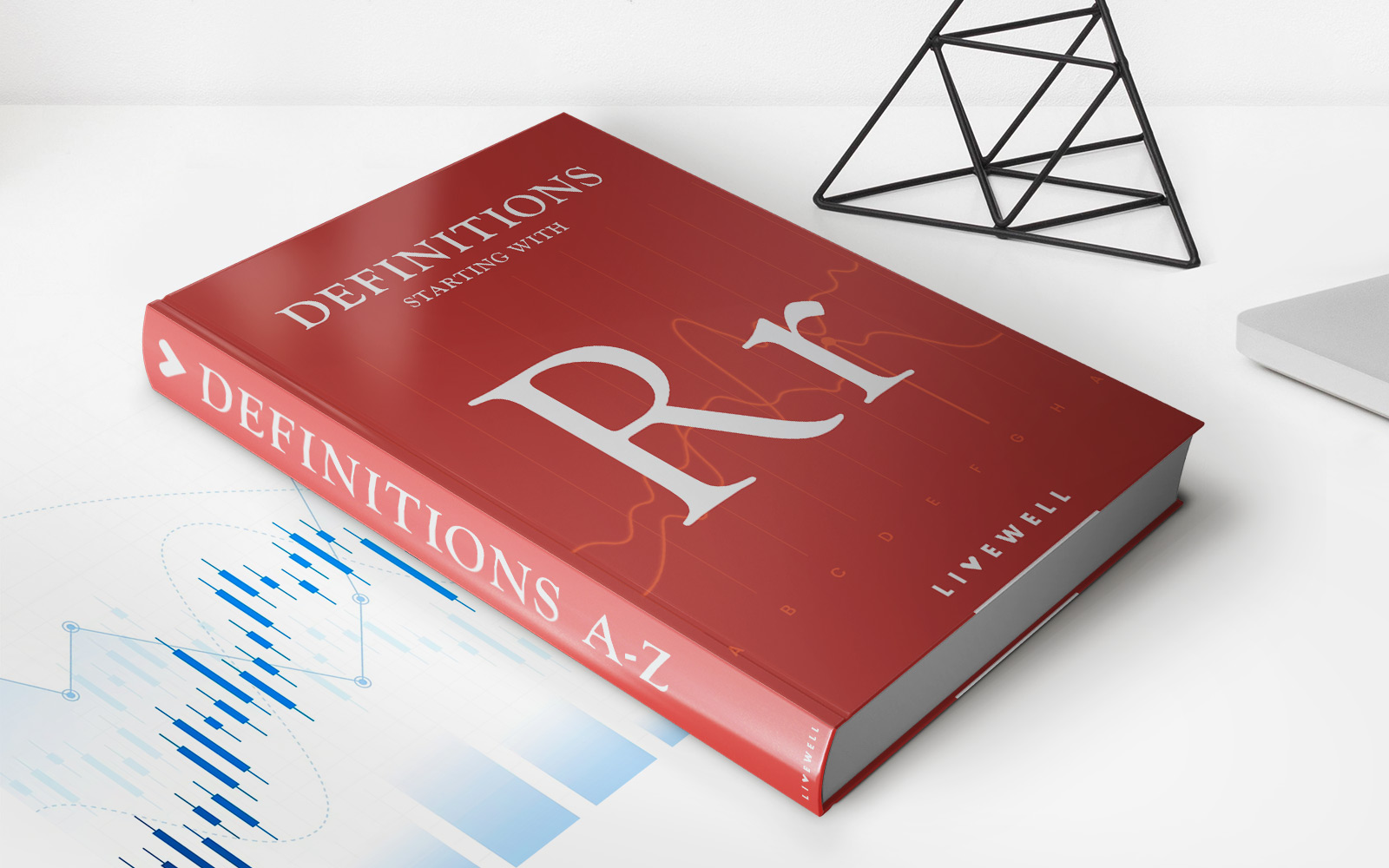

Finance
Runoff Definition
Published: January 22, 2024
Learn the runoff definition in finance and how it impacts businesses. Discover key concepts and strategies to manage runoff efficiently.
(Many of the links in this article redirect to a specific reviewed product. Your purchase of these products through affiliate links helps to generate commission for LiveWell, at no extra cost. Learn more)
Understanding Runoff Definition: A Guide to Financial Terminology
When it comes to navigating the world of finance, it’s important to have a solid understanding of the terminology used. One term that you may come across is “runoff.” But what exactly does runoff mean in the context of finance? In this blog post, we will dive into the runoff definition and explain its significance in the financial industry.
Key Takeaways:
- Runoff refers to the gradual decline or reduction in a company’s or industry’s business activities.
- It can also refer to the process of settling outstanding liabilities or claims after an insurance policy has expired.
So, what is runoff?
In finance, runoff generally refers to the gradual decline or reduction in a company’s or industry’s business activities over time. This decline can be the result of various factors, such as changing market conditions, increased competition, or shifts in consumer preferences. The term “runoff” often implies a gradual and natural decline rather than a sudden or catastrophic event.
When a company enters a runoff phase, it means that its core operations are winding down or coming to an end. This may involve reducing the number of employees, closing retail locations, or selling off assets. The goal of entering a runoff phase is typically to maximize the value of the company’s remaining assets and fulfill any remaining obligations to stakeholders.
Understanding runoff in insurance:
In the insurance industry, runoff can have a slightly different meaning. It can refer to the process of settling outstanding liabilities or claims after an insurance policy has expired or has been canceled. This can occur when an insurance company decides to exit a particular line of business or if a policyholder decides not to renew their policy.
During the runoff period, the insurance company will continue to handle any claims that arise from the policies that are in force, but it will not issue any new policies. This allows the company to wind down its operations in an organized manner while fulfilling its obligations to policyholders and claimants.
Why is understanding runoff important?
Having a clear understanding of runoff definition and its implications is crucial for individuals working in the financial industry. Here are a few reasons why:
- Risk assessment: Understanding runoff helps in assessing the potential risks associated with specific industries or companies that may be entering a decline phase. It allows investors, creditors, and other stakeholders to evaluate the financial health and stability of a company.
- Insurance management: Insurance professionals need to understand runoff to effectively manage policies and claims during this phase. It involves monitoring and evaluating potential risks, ensuring sufficient reserves for outstanding claims, and developing strategies to wind down operations smoothly.
- Investment decisions: Knowledge of runoff can help investors make informed decisions. They can identify companies in a runoff phase and assess their potential value or risks associated with investing in those companies.
In conclusion, runoff in finance refers to the gradual decline or reduction in a company’s or industry’s business activities. It can also be the process of settling outstanding liabilities or claims in the insurance industry. Understanding runoff is valuable for assessing risks, managing insurance policies, and making informed investment decisions. By familiarizing yourself with financial terminology like runoff, you can navigate the world of finance more confidently and make better-informed decisions.














